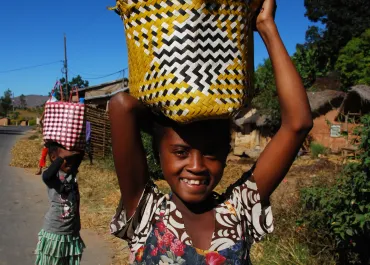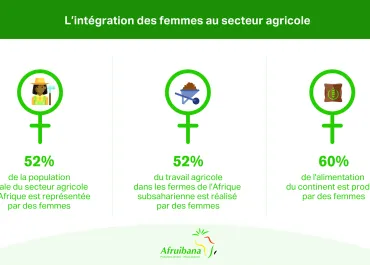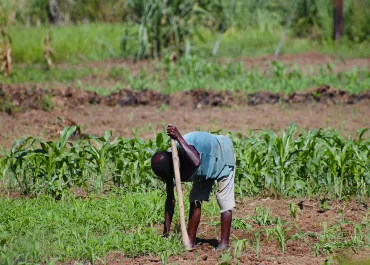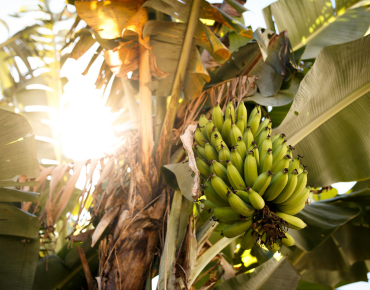
Which impact in Africa for the European milk crisis?
10 May 2018
Women’s integration into the agriculture sector
15 June 2018According to FAO, “Climate Smart Agriculture is an approach that identifies the steps needed to transform and reorient agricultural systems in order to effectively support agricultural development and ensure sustainable agriculture, food security in the face of climate change “. In Africa, the flagship program is Climate Smart Agriculture (CSA), aimed at strengthening the capacity of agricultural stakeholders at all levels, especially small farmers and institutions in the face of climate change. With an ambitious target of 25 million African farmers practicing climate-smart agriculture by 2025, Africa has no time to waste, especially as our continent is particularly vulnerable to the consequences of climate change.
According to CIRAD, French agricultural research and international cooperation organization, agriculture, deforestation and other land uses are responsible for about 25% of greenhouse gas emissions. Yet the international community has been slow to integrate agriculture as a priority issue related to climate change. This has changed since the last UN climate negotiations in Bonn, for COP23, with the decision of countries to integrate agriculture into the Paris Agreement. This was necessary because agriculture contributes significantly to climate change and can therefore play a decisive role in mitigating the effects of this disruption.
Climate-smart agriculture is based on a three-pillar approach: 1) sustainably increase agricultural productivity to achieve equitable income, food security and development; 2) adapt and strengthen resilience to climate change at all levels, from the farm to an entire country; and 3) find solutions to reduce greenhouse gas emissions from the agricultural sector.
In Africa, several initiatives have already deliver results. The World Bank gives some examples in a report entitled “Climate-Smart Agriculture: Success in Africa”. This is the case for example climate-smart villages in the Nyando Valley in Kenya. In these villages, farmers engage in climate-smart agriculture, including climate-resilient species and cultivars, as well as climate information services. After being trained in climate-smart agriculture, farmers choose smart technologies that they will apply by involving women and other groups (farmers from different communities, researchers in various disciplines, non-governmental organizations).
Another example: in Ethiopia, a mapping of soil health was put in place to better know the extreme variability of these soils. Poor data on soil fertility can sometimes lead to misapplication of fertilizer, which will further damage the health and productivity of the soil. All these initiatives illustrate the awareness in Africa of the need to transform agriculture, with concrete solutions on the ground. It is a very long-term struggle that our continent is starting, but indispensable given the threats that climate change poses to future generations.




